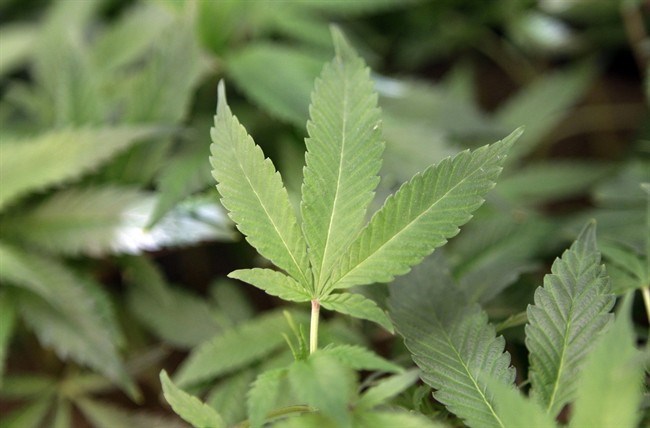 Campaigning provincial politicians have dozens of changes in mind for B.C., but they are scarcely talking about the major adjustment that’s coming, regardless of who wins the election.
Campaigning provincial politicians have dozens of changes in mind for B.C., but they are scarcely talking about the major adjustment that’s coming, regardless of who wins the election.
For all the competing visions being outlined by provincial leaders, the federal government’s move to legalize marijuana is going to be the single biggest revamp on the social and political scene. It was introduced last week and could be in effect by next summer (just in time to help cope with Peter Mansbridge’s retirement). Still, Liberal, NDP and Green campaigns have scarcely taken notice.
Even the B.C. Marijuana Party is staying mum. It looks as if after years of advocating for legalization, the party considers its work is done. It has just $35.61 in the bank, collected a scant $500 in donations last year and is running zero candidates.
The general reluctance to acknowledge the big course change ahead is odd, considering B.C.’s stoner reputation. Political leaders in the birthplace of B.C. Bud should be honouring our heritage, and buzzing with plans to celebrate it. But nobody seems to want to go near the issue.
B.C. is also sort of the birthplace of Prime Minister Justin Trudeau’s legislative package. It was in Kelowna, while he was running for leadership of the Liberal Party, that Trudeau first committed in an unprompted remark to what was introduced last week — full legalization.
The B.C. wing of the federal party prepared the ground months earlier, releasing a study highlighting all the great things that would happen if dope were legal. It would create jobs, taxation would raise billions for governments and revenues to organized crime would drop.
B.C. would particularly benefit through tourism, said the analysis.
“We’re known around the world for having good cannabis,” said the co-author.
Trudeau at the time was standing cautiously in favour of decriminalization. But the report criticized that stance, saying it would leave too much of the sector in the hands of criminals.
Then he moved from decriminalization to full legalization. He told reporters in B.C. his thinking had evolved and only full legalization would keep pot out of the hands of children. He said it was tougher for children to get cigarettes than pot, and the regulatory regime that would accompany legalization would help restrict it.
“Marijuana is not a health-food supplement. It’s not great for you. But it certainly — as many studies have shown — is not worse for you than cigarettes or alcohol.” That line of thought eventually led to Bill C-45, “An Act Respecting Cannabis. ”
It amends the Criminal Code to provide for legal production and consumption of cannabis, but most of the bill is a lengthy series of restrictions and bans on how legal dope can be sold and used. For example, it forbids any packaging that “evokes a positive or negative emotion about or image of, a way of life such as one that includes glamour, recreation, excitement, vitality, risk or daring.”
By the time the first legal baggies roll off the assembly line, they’ll look about as exciting as bales of hay. And for all the talk about tourism, it bans promotion of cannabis through any means outside of Canada.
To mollify critics, a companion bill tightens criminal prosecution of impaired driving. But B.C. moved beyond that seven years ago, by imposing harsher penalties with a lower impairment threshold that’s outside the Criminal Code.
The number of formal alcohol-impaired charges has plummeted since then, as most cases are handled with the administrative sanctions. How that fits with new marijuana-impairment tests to come has yet to be explained.
Provinces will still need hundreds more “drug-recognition experts” to police marijuana impairment. They need to set age limits and decide on government or private distribution, and will likely end up enforcing large chunks of the new regime. Watching the federal-provincial argument over sharing all this new revenue from dope will be almost as entertaining as using it.
As many as 35 provincial officials are involved in a cannabis-legalization public-safety committee that has been meeting periodically for the past year. But many of the minutes of their meetings that were released recently are blanked out. Just like the political leaders’ stances.



